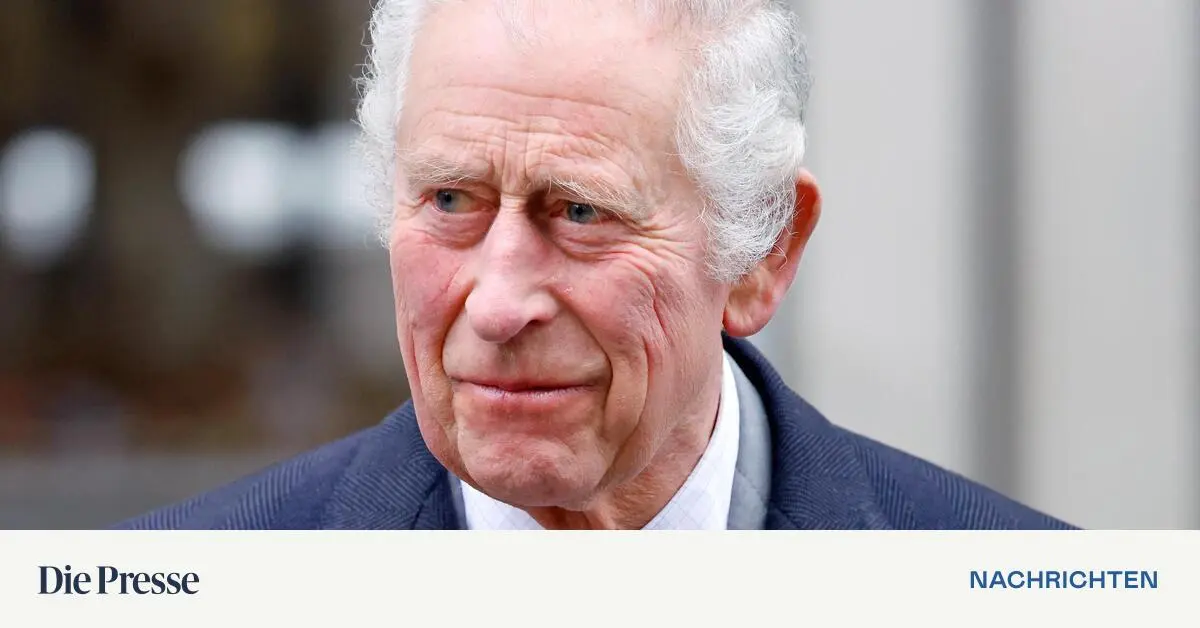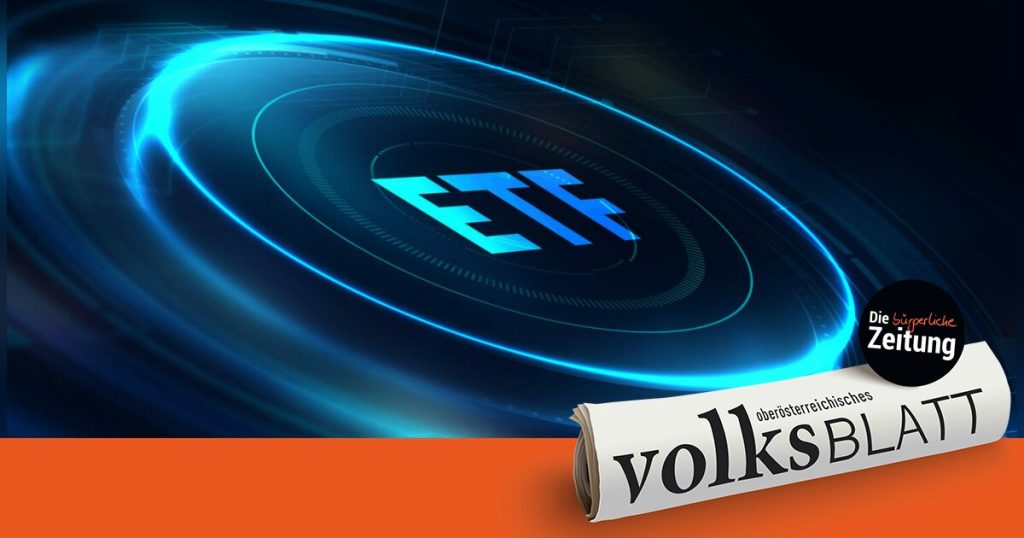Passive investment funds, often referred to as exchange-traded funds (ETFs), which synthetically duplicate an index using derivatives, have a tax disadvantage in Austria compared to actual index funds, which can reduce net performance by 0.1 to 0.2 percentage points per year. This was determined by Austrian ETF investors at the German Securities Forum. Tax experts stress that the frequency of ETFs is more predictable when it comes to taxes.
Explains Thomas Wilhelm, CEO of the Consortium of Foreign Investment Firms Austria (VAIÖ) and partner at tax advisory giant EY, whose team advises around 10,000 foreign investor funds, including many ETFs like those from iShares, represented in Austria based on At the request of the APA.
This circumstance can lead to overtaxing of ETF swaps. “Yes, with swap-based ETFs, excessive taxation (in terms of performance) can occur during the holding period, but this should ideally be balanced out again at the time of the sale,” says Wilhelm. However, if the total capital gains tax paid to date exceeds the tax payable at the time of the sale, the over-tax can only be offset if you own other securities on which you can make a calendar yearly profit.
Essentially, if there is no capital gains tax (KESt) or no capital gains tax (KESt) during the holding period, but only when the security is sold, there is a tax deferral effect which, the longer If you hold the fund, it has a positive effect on the return due to compound interest. On the other hand, if a large portion or even a lot of capital gains tax is due during the holding period, investors lose out with this effect. So the question is when and how much capital gains tax should be paid. The effect of this tax deferral is greatest for physical redundancy, and the accumulation of stock ETFs.
As Wilhelm says, the frequency of fully ETFs is more predictable when it comes to taxes. The reason for this lies in the different composition of the funds and tax systems in Austria. This is because fully duplicated funds actually hold the shares represented in the respective index. Realized capital gains usually only occur with index adjustments or larger unit redemptions. On the other hand, synthetic ETFs do not directly invest in the stocks included in the index, but rather hold completely different stocks as the underlying portfolio. The performance of the underlying portfolio is exchanged to map the performance of the index. This often leads to a significant profit during the year.
In Austria, taxes on securities and investment funds are based on the principle of transparency. This means that the funds must be taxed as if the investor himself held the securities for the fund. This also applies to swap transactions (swaps) and other derivatives, which in turn means that the higher profits made within the swap ETFs should be considered as the so-called income equivalent to the distribution that is subject to capital gains tax annually.
Financial advisor and fee-based insurance broker Wolfgang Staudinger, whose startup can calculate the performance of various investment forms and shells, says the maximum difference when it comes to the question of whether capital gains tax on ETFs is incurred in full during the holding period Or only first completely at the end of the savings phase after 30 years, to a maximum of 0.4 percentage points per year with an assumed total return of 7 percent. The choice of coverage is even more important with a long-term investment horizon; A commission-free, fee-based fund policy has a tax advantage over a stock account, which can be up to several percentage points with high returns. Staudinger advises against swapping ETFs for another reason, as it is not clear with them whether the counterparty risk associated with derivatives will not play a role.
ETFs are funds that don’t require a fund manager and just duplicate an index like ATX or DAX. With such passive funds, the investor’s costs are much lower than with actively managed funds. According to the German Stiftung Warentest, the cost of global equity ETFs is only 0.3 to 0.5 percent per year. Conventional mutual funds often cost three to five times that amount, measured using the Total Expense Ratio (TER).

“Total coffee aficionado. Travel buff. Music ninja. Bacon nerd. Beeraholic.”







More Stories
Innovator in Wieselburg – ZKW with 46 patents in 4th place in the Austrian ranking in 2023
AMAG with sales and profits declining in the first quarter
Traditional FC Salzburg: Reaching old successes with a new coach?